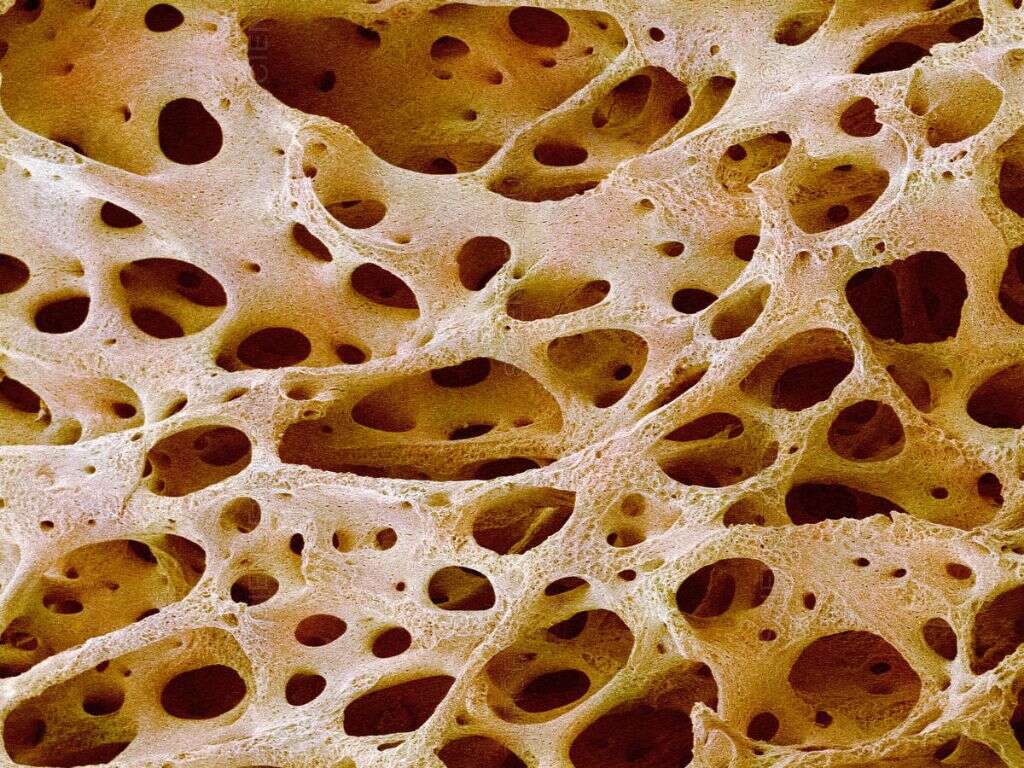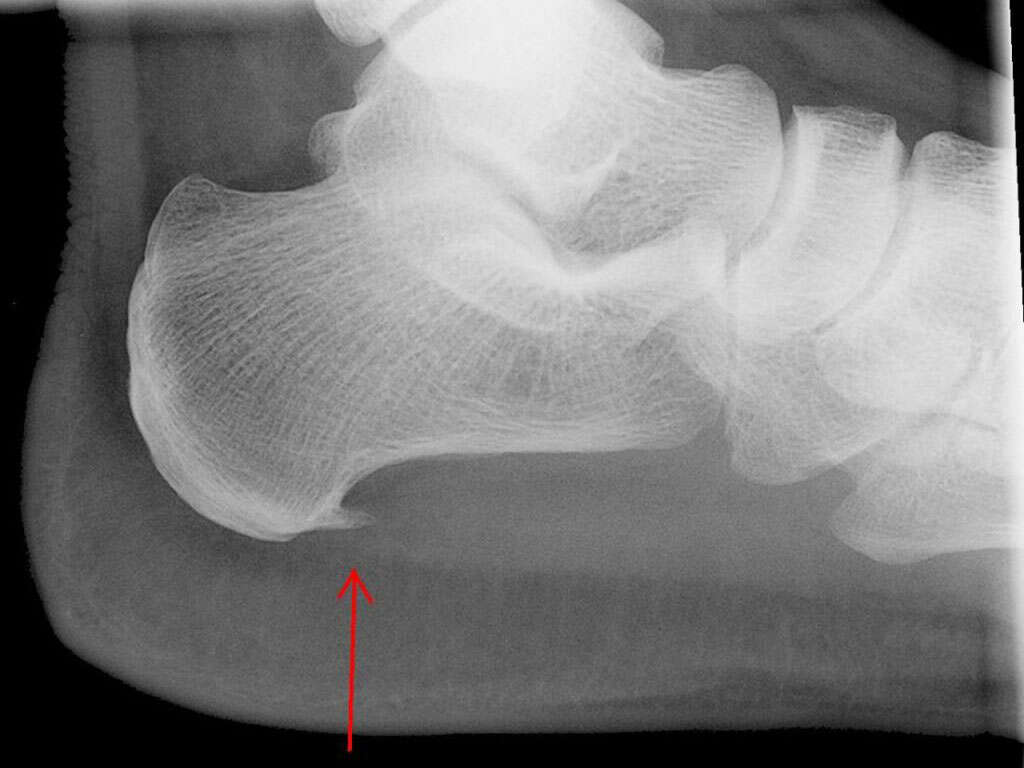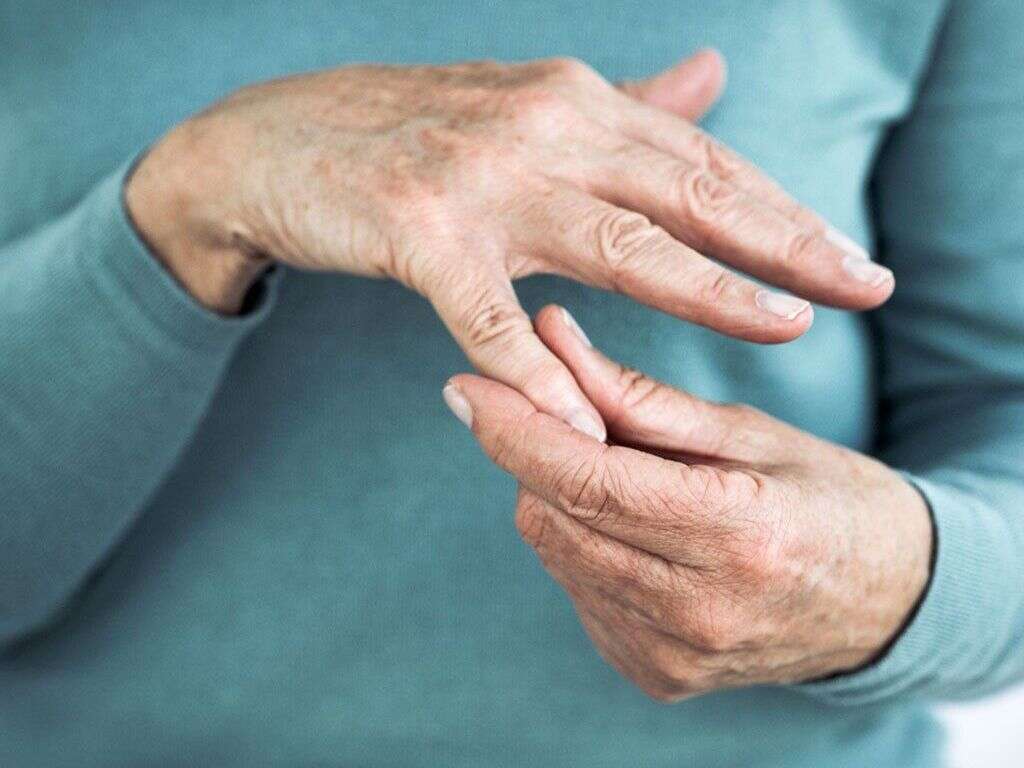What Is Osteoporosis?
 Article Sources
Article Sources
- 1. Ganesan K, Jandu JS, Roane D. Osteoporosis (Secondary) [Updated 2020 Jun 30]. In: StatPearls [Internet]. Treasure Island (FL): StatPearls Publishing; 2020 Jan-. Available from: https://www.ncbi.nlm.nih.gov/books/NBK470166/
- 2. Pouresmaeili F, Kamalidehghan B, Kamarehei M, Goh YM. A comprehensive overview on osteoporosis and its risk factors. Ther Clin Risk Manag. 2018;14:2029-2049. Published 2018 Nov 6. doi:10.2147/TCRM.S138000
- 3. Varacallo M, Seaman TJ, Jandu JS, et al. Osteopenia. [Updated 2020 Apr 27]. In: StatPearls [Internet]. Treasure Island (FL): StatPearls Publishing; 2020 Jan-. Available from: https://www.ncbi.nlm.nih.gov/books/NBK499878/
2. Normal Bone
Although bone is very strong, it is a living and ever-changing tissue within our bodies. It relies on the balance of a certain kind of cellular activity. This cellular activity works to break down bone (called resorption) and to build it back up (called formation). But why would the body want to break down bone? Bone is a natural storage place of minerals. When the body is in need of one of these minerals then the breaking down of bone to release the mineral occurs more. When the body has enough of a certain mineral then they will be stored back into the bone.
A healthy balance of these minerals in the body allows for ideal bone remodeling. The cells use vitamins and minerals such as calcium, vitamin D, phosphate, sodium, and magnesium to perform this function. This intricate process also relies on certain hormones that lets these specialized cells know if the body needs more or less of a mineral.
Advertisement










